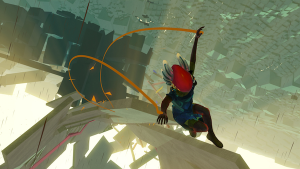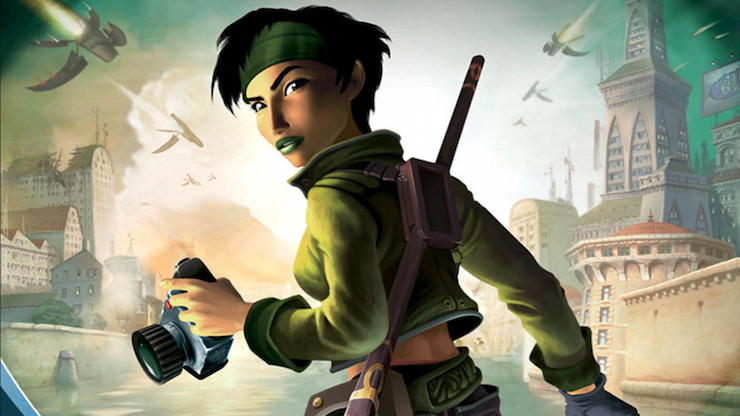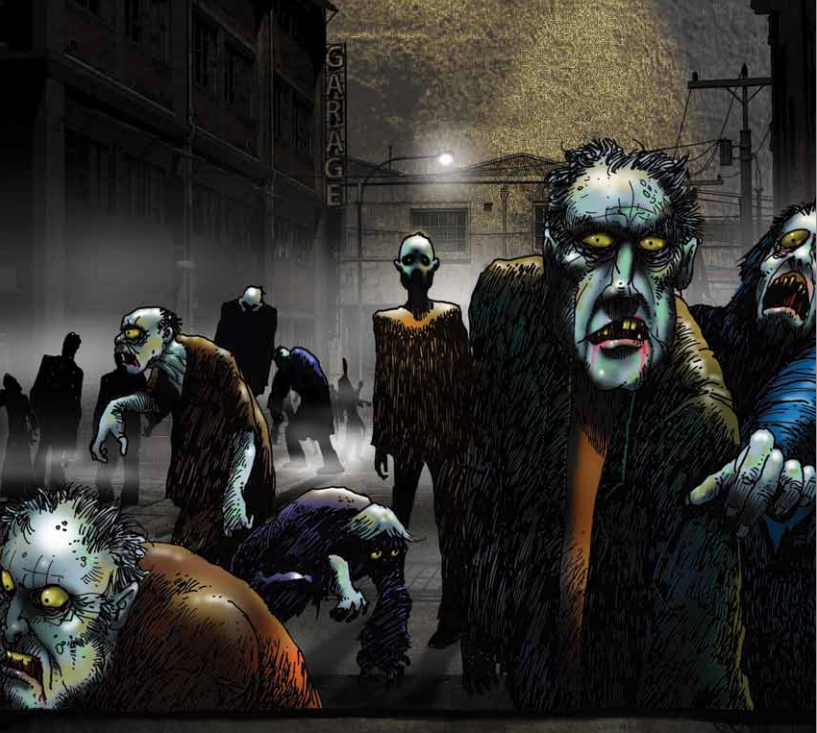Recently I was updating my CV, because I’d been putting it off, of course, while things piled up, and when I was done I marveled at how much space was dedicated to collaborative items. If I was in the sciences, that wouldn’t be anything out of the norm, but it’s not quite as common in the humanities. For me, though, it’s been important, whether it’s a conference presentation or something like co-writing a post or conversing in text. I like collaborating, in general, but when it comes to games studies, I find collaboration almost necessary, or at least a necessary element in feminist approaches (if not direct collaboration, then certainly coalition), for quite a simple reason: my game is not your game, nor his or hers or theirs, and when we play, that shows.
Some people turn on a game, skip any tutorial that may be skippable, and jump right in. Others are cautious, staying safe until things feel comfortable. Some players agonize over character creation; others randomize, or concentrate on one feature or two, and move on with the action. Some follow linear paths, moving from objective to objective; others wander as though lost. I look for boundaries when I enter a game. I always want to know if I can break it. I want to know where the edges are. I look to the outsides first—the extras, the secondary considerations, the side quests. This is my game. It may not be yours.
How then can I evaluate the abstract notion of gaming, or the more concrete idea of a game? I recently started playing Metal Gear Solid V again, and in that world, I am methodical. I’m slow. I creep and lurk and wipe a base, ballooning everyone and everything back home before I finish objectives. I want the freedom to run and investigate. I stay at a distance when I can. The sniper rifle is my weapon of choice, here and everywhere. I remain apart. Sometimes games feel like something separate, as though there is one path, the path of the game, and I am lingering above it, hiding in a tree, waiting for everything to fade away so I can roam at my leisure.
This is my game. It’s probably not yours.
 When Bianca and I played Bound together, I was struck by how that game was linear and yet not. We could choose the levels in whatever order, and when traversing them, there were choices and paths here and there, but overall, there was a clear line from here to there. There wasn’t much need for deviation or exploration. We explored a bit, but mostly, we worked on finishing in one session, something made easier by the fact that there were two of us, that we could work together looking for routes and clues, because we didn’t always notice the same things. Because we are not the same.
When Bianca and I played Bound together, I was struck by how that game was linear and yet not. We could choose the levels in whatever order, and when traversing them, there were choices and paths here and there, but overall, there was a clear line from here to there. There wasn’t much need for deviation or exploration. We explored a bit, but mostly, we worked on finishing in one session, something made easier by the fact that there were two of us, that we could work together looking for routes and clues, because we didn’t always notice the same things. Because we are not the same.
It’s such an obvious thing, difference. Of course we’re different! Of course we play differently! But grappling with what that means isn’t quite as easy. How do we fundamentally alter game experiences by entering at different places, and how are we fundamentally altered? Ask ten people who’ve played to describe the Grand Theft Auto games. Some will talk story and missions. The rest will talk chaos. This is one game series, but the experience opens up, taking root in different ways for different players. That, for me, requires more than one perspective in studying, too.
Scholarship exists in conversation already; one person conducts a study, another builds on it, and a third comes along with a new theory to explain it all. The scholars speak across time and space, constructing a long, halting conversation. We are all still talking to Johan Huizinga, just as we talk to each other. But collaboration serves a more immediate conversation. Already we have multiple perspectives, without the layers of peer review and time to publication; already we can see how games separate, split off, and form new bonds, new systems. In a field that is still new, and still changing so rapidly, I find that helpful in moving us along to any number of truths, such as they may be. When we play games, we are conversing with the systems; when we work together in and around those systems to make meaning, we are conversing with so much more.




